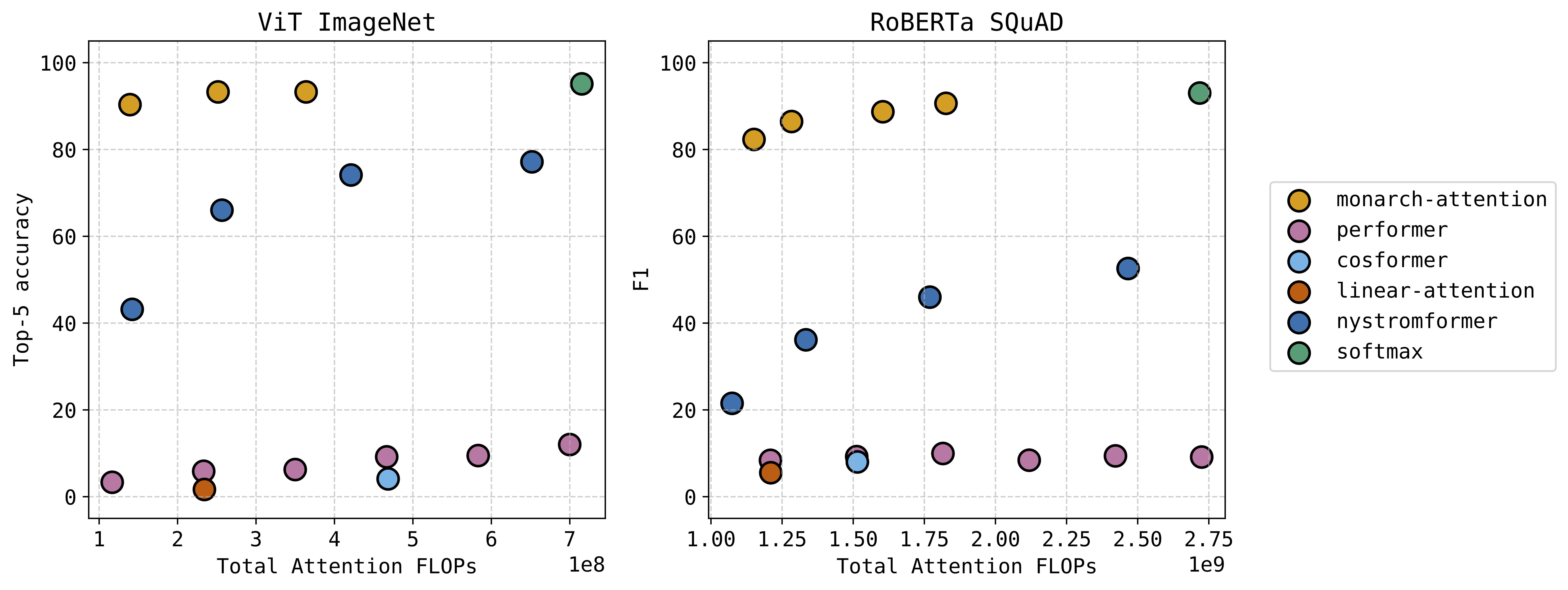Last Friday I gave the MIDAS weekly seminar. You can find the description here, along with the link directly to the recording. I talked about two recent problems I have been working on: First I talked about my work with Ravi Ganti and Rebecca Willett on learning a low-rank matrix that is observed through a monotonic function from partial measurements. This is common in calibration and quantization problems. Follow up work with Nikhil Rao and Rob Nowak in addition generalized this to learning structured single index models. Second, I talked about the work of my student David Hong, co-advised by Jeff Fessler, on the asymptotic performance of PCA with heteroscedastic data. This is common in problems like sensor networks or medical imaging, where different measurements of the same phenomenon are taken with different quality sensing (eg high or low radiation). David has recently posted his paper on arxiv showing predictions of the asymptotic performance; exploiting the structure of these expressions we also showed that asymptotic recovery for a fixed average noise variance is maximized when the noise variances are equal (i.e., when the noise is in fact homoscedastic). Average noise variance is often a practically convenient measure for the overall quality of data, but our results show that it gives an overly optimistic estimate of the performance of PCA for heteroscedastic data.
Recent News
SPADA lab at Neurips 2025
December 8, 2025 By Laura Balzano
SPADA lab had two interesting works to share at Neurips this year. The first was MonarchAttention, which received a spotlight; thanks to everyone who stopped by the poster. See our earlier post for an example of how our method offers a zero-shot drop-in replacement for softmax attention at a significant savings of memory and computation – with very little accuracy loss. This technique has a University of Michigan patent pending.
The second work is on the topic of Out-of-Distribution In-Context Learning, which we presented at the What Can’t Transformers Do? Workshop. We analyze the solution for training linear attention on an out-of-distribution linear regression test task, where the training task is a regression vector either drawn from a single subspace or a union of subspaces. In the case of a union of subspaces, we can generalize to the span of the subspaces at test time.
Nice work to all the students: Can, Soo Min (both SPADA lab members), as well as our treasured collaborators Alec, Pierre, and Changwoo!
Monarch Attention
June 6, 2025 By Laura Balzano
The attention module in transformer architectures is often the most computation and memory intensive unit. Many researchers have tried different ways to approximate softmax attention in a compute efficient way. We have a new approach that uses the Monarch matrix structure along with variational softmax to quickly and accurately approximate softmax attention in a zero-shot setting. The results are very exciting — we can significantly decrease the compute and memory requirements while taking at most a small hit to performance. This figure shows the performance versus computation of our “Monarch-Attention” method as compared to Flash Attention 2 (listed as “softmax”) and other fast approximations.

See the paper for additional results, including hardware benchmarking against Flash Attention 2 on several sequence lengths.
Can Yaras, Alec S. Xu, Pierre Abillama, Changwoo Lee, Laura Balzano. “MonarchAttention: Zero-Shot Conversion to Fast, Hardware-Aware Structured Attention.”
https://arxiv.org/abs/2505.18698
Code can be found here.
Analyzing Out-of-Distribution In-Context Learning
May 29, 2025 By Laura Balzano
We posted a new paper on arxiv presenting analysis on the capabilities of attention for in-context learning. There are many perspectives out there on whether it’s possible to do in-context learning out-of-distribution: some papers show it’s possible, and others do not, mostly with empirical evidence. We provide some theoretical results in a specific setting, using linear attention to solve linear regression. We show a negative result that when the model is trained on a single subspace, the risk on out-of-distribution subspaces is lower bounded and cannot be driven to zero. Then we show that when the model is instead trained on a union-of-subspaces, the risk can be driven to zero on any test point in the span of the trained subspaces – even ones that have zero probability in the training set. We are hopeful that this perspective can help researchers improve the training process to promote out-of-distribution generalization.
Soo Min Kwon, Alec S. Xu, Can Yaras, Laura Balzano, Qing Qu. “Out-of-Distribution Generalization of In-Context Learning: A Low-Dimensional Subspace Perspective.” https://arxiv.org/abs/2505.14808.
© Copyright
Copyright © 2026 · Streamline Child Theme on Genesis Framework · WordPress · Log in